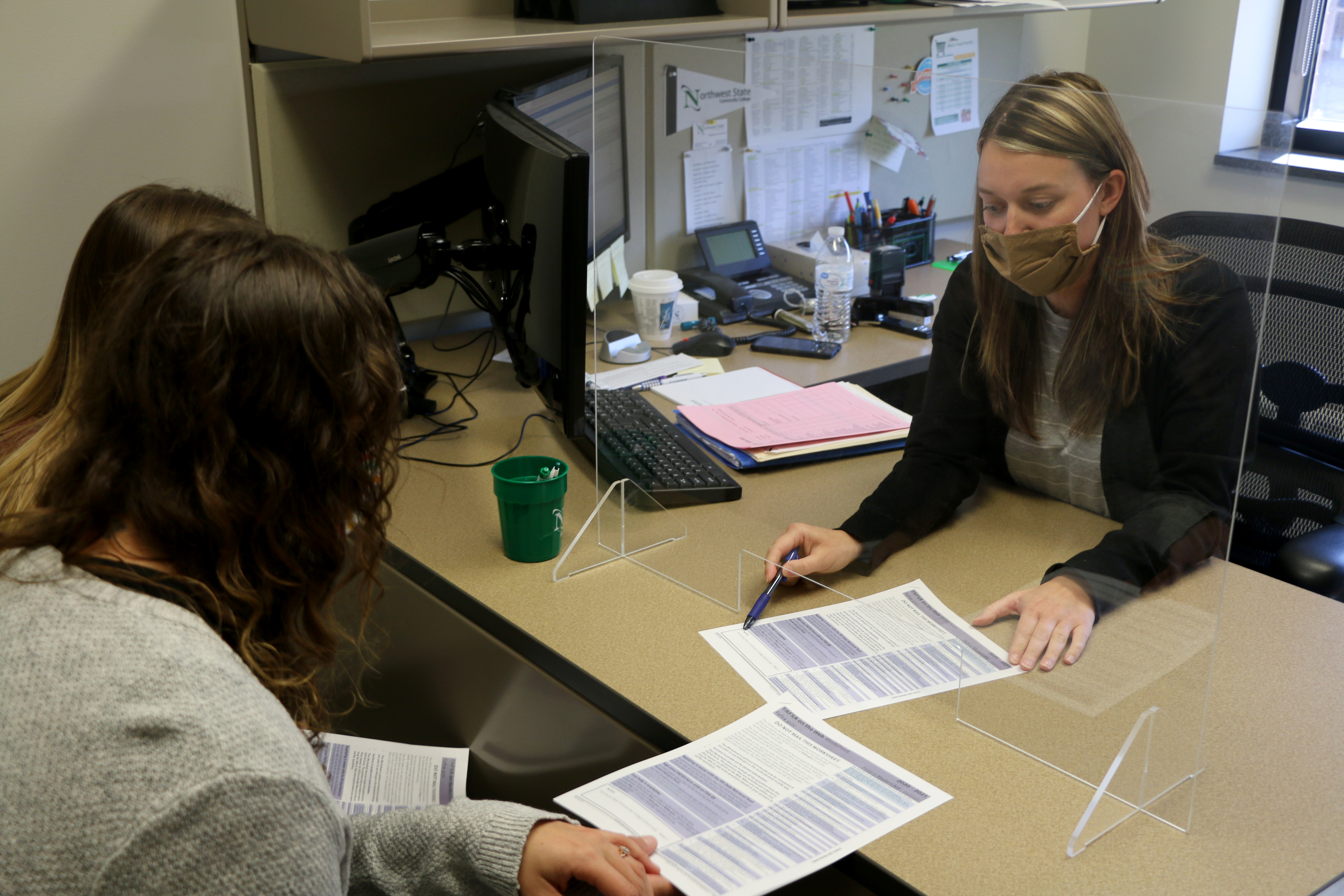Course Load
Course Load is the total number of credit hours in which you enroll in for a semester. Consider restrictions imposed by financial aid, scholarships, and your own commitments. Advisors usually suggest that full-time new students stick to around 12 credit hours their first semester.
Course Load Guidelines
Fall/Winter Semesters:
Full-time = 12 - 18 credit hours per semester
Half-time = 6 - 11 credit hours per semester
Less that half-time = 5 or less credit hours per semester
Spring/Summer Terms:
Full-time = 6 - 9 credit hours per term
Half-time = 3 - 5 credit hours per term
Less than half-time = 1 or 2 credit hours per term
Course Load Recommendation
For every one credit hour in which you enroll, you will spend approximately two to three hours outside of class studying. Therefore, to help determine the course load most appropriate for you, use the formula:
3 credit hours (1 course) = 3 hours in class per week = 6-9 hours study time per week
12 credit hours (4 courses) = 12 hours in class per week = 24-36 hours study time per week.
Full time students enroll in 12 - 18 credit hours per semester. Part time students enroll in 1 - 11 credit hours per semester. The course load that is best for you depends on a variety of factors, such as other commitments, study skills, time management skills, and self discipline. To determine the course load which is most appropriate for you, please refer to the guidelines indicated:
Employment Obligations: Course Load if Working
40 hrs per week -- 3-5 credit hours
30 hrs per week -- 3-9 credit hours
20 hrs per week -- 6-12 credit hours
Less than 20 hrs -- 12-18 credit hours
How many courses should I take?
I work ____ hours per week. Therefore, I should take ____ credit hours.
It is important to remember that there are only 24 hours in each day and only 168 hours in each week. It is common for college students to try to participate in more activities than their time allows and, as a result, perform poorly in many of the activities. Unfortunately, this poor performance often includes school work. Make your choices with all possible variables being considered.

Homework, Study, and Test Taking Tips
Follow this link to HowToStudy.com. This a great site where you can find links to great study guides, study tips, controlling stress, and memory training.
Follow this link to CalPoly.Edu. This is a very helpful site where you can gain information on memorization, listening, note taking, test preparation, time management, plus much more.